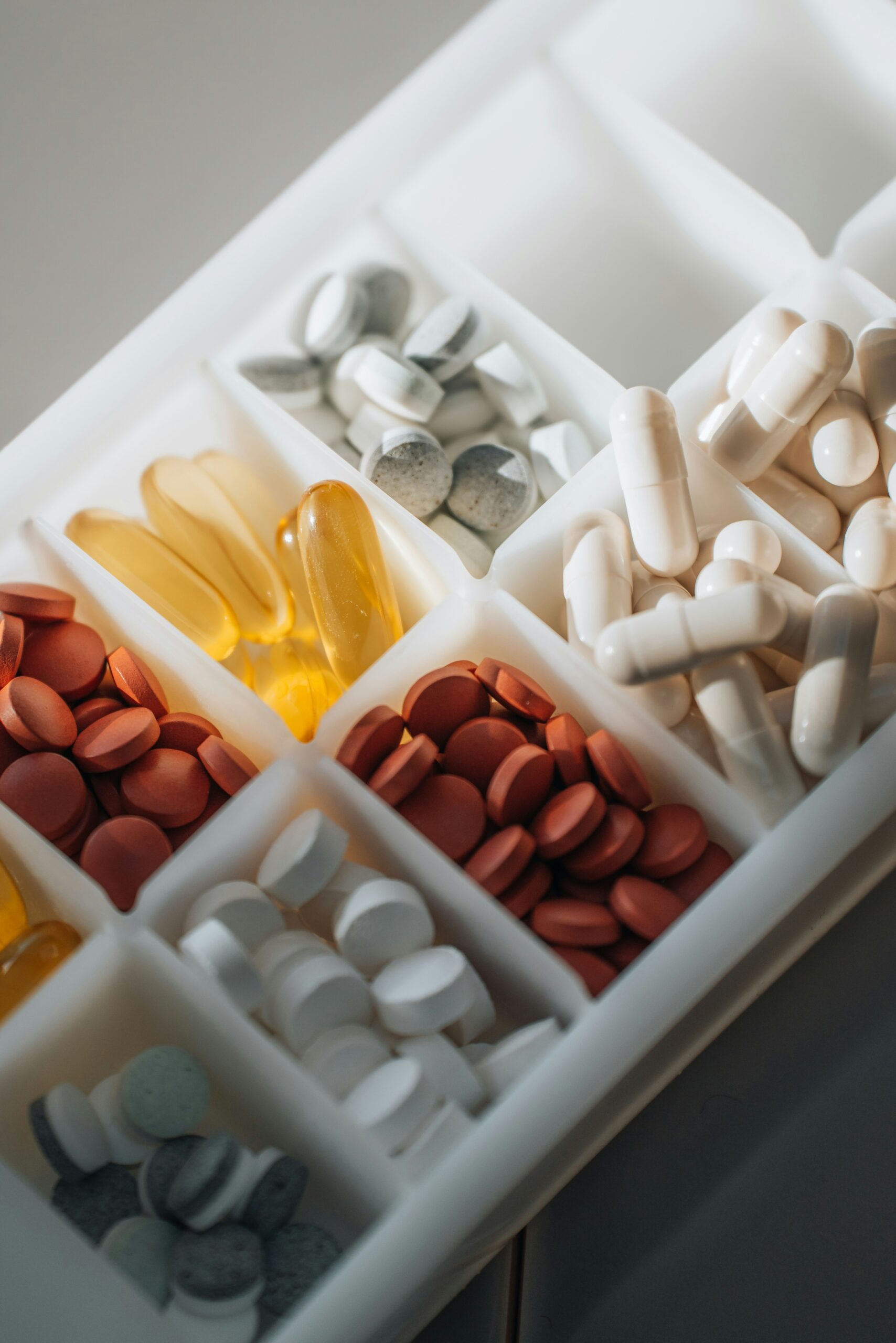Strenuous workouts can take a toll on your body, making muscle recovery a critical part of any fitness routine. What you eat post-exercise can significantly influence how quickly and effectively your muscles recover.
Importance of Muscle Recovery
After an intense workout, your muscles need time to repair and grow. Proper nutrition is essential for this process, providing the necessary nutrients to rebuild muscle fibers and reduce inflammation. According to a study published in the Journal of the International Society of Sports Nutrition, consuming the right foods post-exercise can enhance muscle recovery, reduce soreness, and improve overall performance.
Top Foods for Muscle Recovery
1. Lean Proteins
Protein is a cornerstone of muscle repair. Foods like chicken, turkey, and fish are excellent sources. A study from the American Journal of Clinical Nutrition emphasizes that consuming 20-30 grams of protein post-workout can maximize muscle protein synthesis.
2. Eggs
Eggs are not only rich in protein but also contain essential amino acids that aid in muscle recovery. A personal favorite of mine is a post-workout omelette loaded with vegetables.
3. Greek Yogurt
Greek yogurt is packed with protein and probiotics that help in muscle repair and gut health. It’s also an easy, on-the-go snack option.
4. Quinoa
Quinoa is a complete protein, meaning it contains all nine essential amino acids. It’s also rich in magnesium, which helps relax muscles and reduce cramps.
5. Sweet Potatoes
Sweet potatoes are high in carbohydrates and vitamins that replenish glycogen stores and reduce inflammation.
6. Berries
Berries like blueberries and strawberries are rich in antioxidants that help reduce muscle inflammation and oxidative stress.
7. Nuts and Seeds
Nuts and seeds provide healthy fats and protein. They are also rich in magnesium and zinc, which are crucial for muscle function and recovery.
8. Turmeric
Turmeric contains curcumin, a compound known for its anti-inflammatory properties. Adding turmeric to your post-workout shake can help reduce muscle soreness.
Comparison Table of Recovery Foods
| Food | Protein (g) | Carbs (g) | Fat (g) | Additional Benefits |
|---|---|---|---|---|
| Chicken Breast | 31 | 0 | 3.6 | High in B-vitamins |
| Eggs | 6 | 0.6 | 5 | Rich in amino acids |
| Greek Yogurt | 10 | 4 | 0 | Contains probiotics |
| Quinoa | 8 | 39 | 3.6 | High in magnesium |
| Sweet Potatoes | 2 | 20 | 0.1 | Rich in vitamins A and C |
| Blueberries | 1 | 14 | 0.3 | High in antioxidants |
| Almonds | 6 | 6 | 14 | Rich in vitamin E |
| Turmeric | 0.7 | 1.4 | 0.2 | Contains curcumin |
Pro Tip: Pair your protein intake with carbs to help transport amino acids to your muscles more efficiently.
FAQs
Frequently Asked Questions
How soon should I eat after a workout?
It’s best to eat within 30 to 60 minutes post-exercise to optimize muscle recovery.
Can I rely on protein shakes alone?
While protein shakes are convenient, it’s beneficial to incorporate whole foods for a well-rounded nutrient intake.
Are supplements necessary for muscle recovery?
Supplements can be helpful but should not replace a balanced diet. Consult with a healthcare provider for personalized advice.
Conclusion
Incorporating these nutrient-dense foods into your post-workout regimen can significantly enhance your muscle recovery process. Remember, a balanced diet is key to achieving your fitness goals.




Leave a Reply